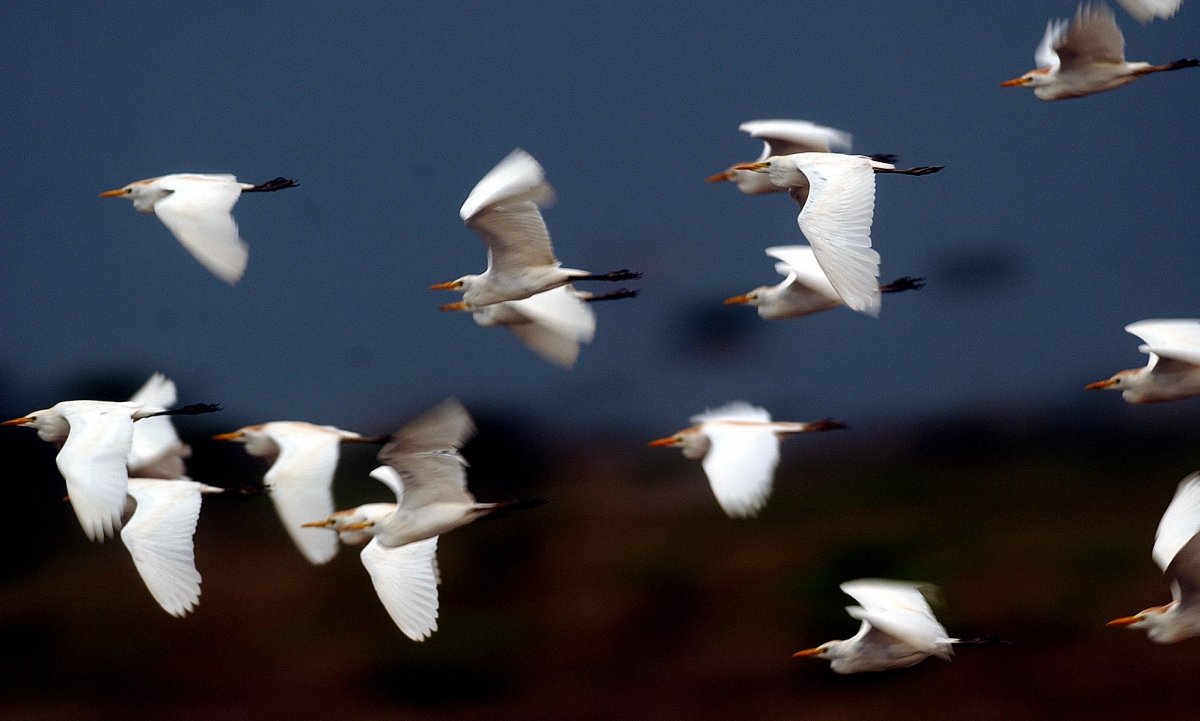TORONTO – Scientists at the University of British Columbia are developing a vaccine that could protect endangered birds from West Nile virus.

The researchers say there’s no reason why the vaccine couldn’t be used on humans, too.
With this summer’s hot temperatures and plenty of rain, Canadians are in the perfect climate for virus-carrying mosquitoes. The vaccine, which the researchers plan to test on more bird species, could come in handy in protecting animals.
“Technically, there’s no reason why it couldn’t be used in humans. It could be usable as it is,” she told Global News.
Read more: 2013 broke the record for West Nile virus deaths, but not for illnesses: US health officials
Young began her work on the vaccine about a decade ago, at the onset of West Nile virus in Canada.
So far, it’s been tested on Japanese quail with strong results, Young said. She was looking at the birds’ immune response, specifically antibody production and T-cell response.
- ‘Shock and disbelief’ after Manitoba school trustee’s Indigenous comments
- ‘Super lice’ are becoming more resistant to chemical shampoos. What to use instead
- Is home ownership only for the rich now? 80% say yes in new poll
- Invasive strep: ‘Don’t wait’ to seek care, N.S. woman warns on long road to recovery
Her next step is to inject vaccinated birds with the West Nile virus.
The West Nile virus is mainly transmitted to people through the bite of an infected mosquito. Those mosquitoes catch the virus by feeding on the blood of birds carrying the virus. Others get sick from eating other dead birds or rodents infected with the virus.
There’s even evidence that some female mosquitoes transfer the virus to their offspring.
Read more: Province warns about risk of West Nile virus
Some birds, once infected, are more susceptible to getting sick and dying from the virus. Small local populations of some bird species have already been wiped out in some parts of Eastern Canada, notably in Quebec and Ontario, Young said.
Crows and jays are most vulnerable to the virus. Other predatory birds – hawks, owls or crows – are also more likely to get infected after preying on sick or dead birds already infected with West Nile virus, the Centers for Disease Control reports.
Even birds in zoos – predominantly penguins and flamingoes – fall victim to West Nile virus during the summer and get severely ill.
Read more: Q & A: What you need to know about the bird flu in China
Young says she hopes the vaccine could protect these birds in enclosed spaces, along with birds of endangered species.
Birds, such as the Greater Sage-Grouse or the Eastern Loggerhead Shrike, have mortality rates as high as 100 per cent once infected with the virus.
It’d be difficult to inject each bird with the vaccine, so she thinks it could be added to food sources or even water.
The virus made its way into North America by 1999, and is now considered widespread across the continent.
The West Nile virus was first reported in Canada in 2001. By 2003, 1,481 human infections were recorded. Reports in the following years wavered from the dozens to the hundreds across the country, but the virus peaked again in 2007 with 2,215 cases.
In 2012 alone, the mosquito-borne pathogen killed 286 people in the U.S. About 42 people have died from the virus in Canada since 2002.
Read more: The novel coronavirus: 9 things you should know about MERS
But for the most part, the risk of illness from West Nile virus is low for Canadians, Health Canada says on its website.
Young’s study was published in the journal PLoS One.
carmen.chai@globalnews.ca
Follow @Carmen_Chai




Comments